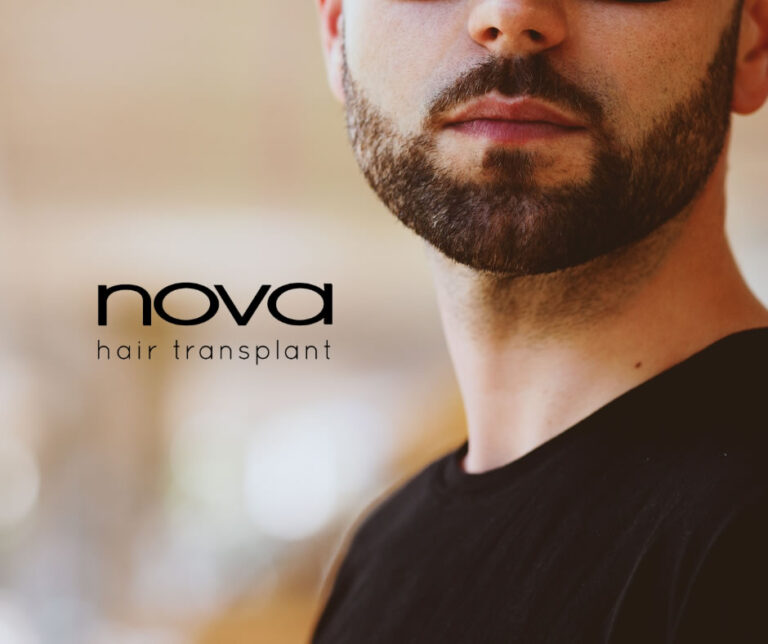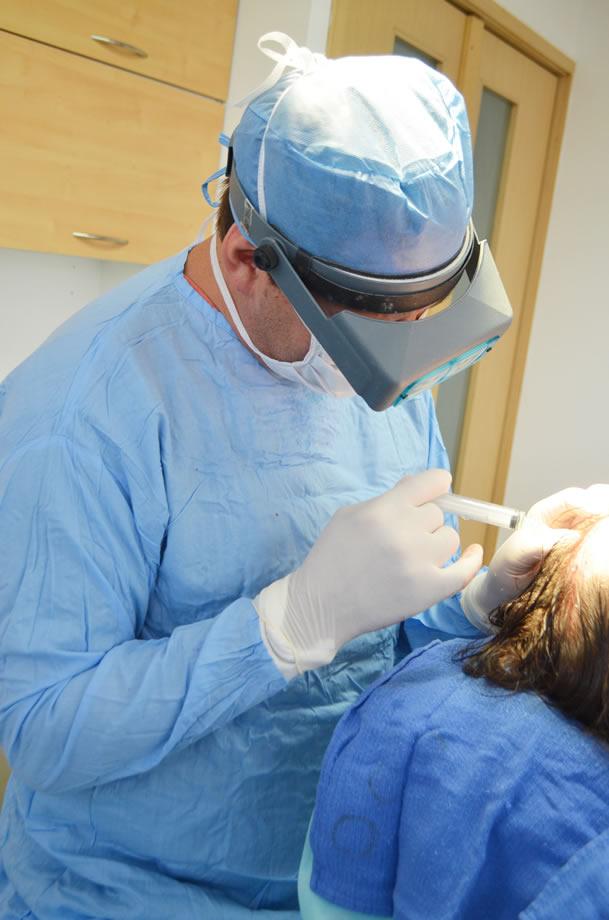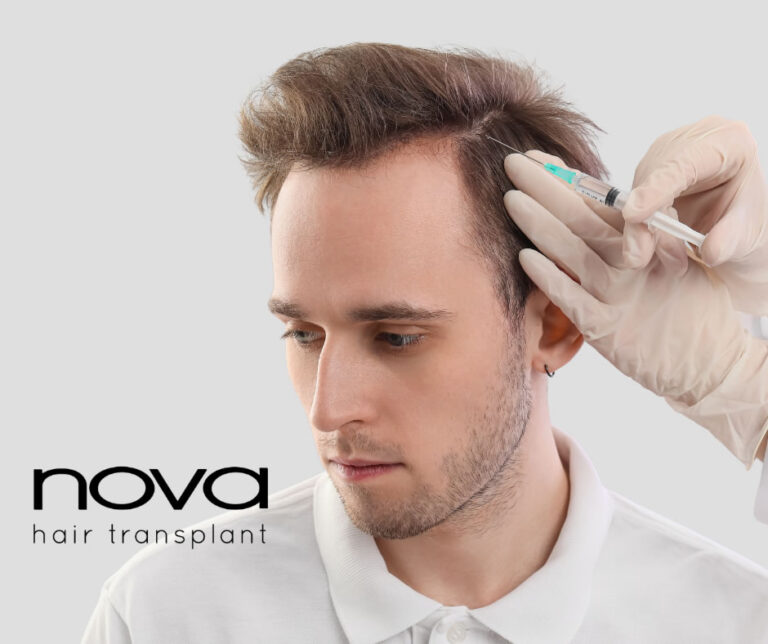Medicines for hair loss can slow thinning of hair and increase coverage of the scalp by growing new hair and enlarging existing hairs. But they need to be taken regularly. If you stop the medicine, hair loss returns. Do not expect to regrow a full head of hair. Hair coverage is improved on the top of the head, but not on the forehead area.
Medication choices
Medicines often used to treat inherited hair loss include:
- Minoxidil (or Rogaine) is available without a prescription and is sprayed on and/or rubbed into the scalp twice a day.
- Finasteride (Propecia) is available by prescription and is taken once daily in pill form.
Medicines used to treat alopecia aerate which is caused when the immune system attacks hair follicles. This includes:
- Corticosteroids injected into the scalp. The corticosteroid is injected many times about 1 cm (0.4 in.) apart every 4 to 6 weeks. This is the most common treatment in adults and is best used for treating patchy hair loss.
- Corticosteroid ointments or creams you put on the scalp. Corticosteroids may be used along with injected steroids or with other medicines such as minoxidil (Rogaine).
- Corticosteroids you take by mouth (oral). Although this does result in hair growth, it is rarely used because of the side effects of oral corticosteroids.
- Contact immunotherapy, which triggers an allergic reaction on the scalp that may help hair to grow.
- Psoralen with ultraviolet A light (PUVA) therapy. For PUVA, a medicine called a psoralen is used to make the skin more sensitive to ultraviolet A (UVA) light. Then the skin is exposed to UVA light.
———————————————————————————————————-
Source: http://www.webmd.com/skin-problems-and-treatments/hair-loss/tc/hair-loss-medications



